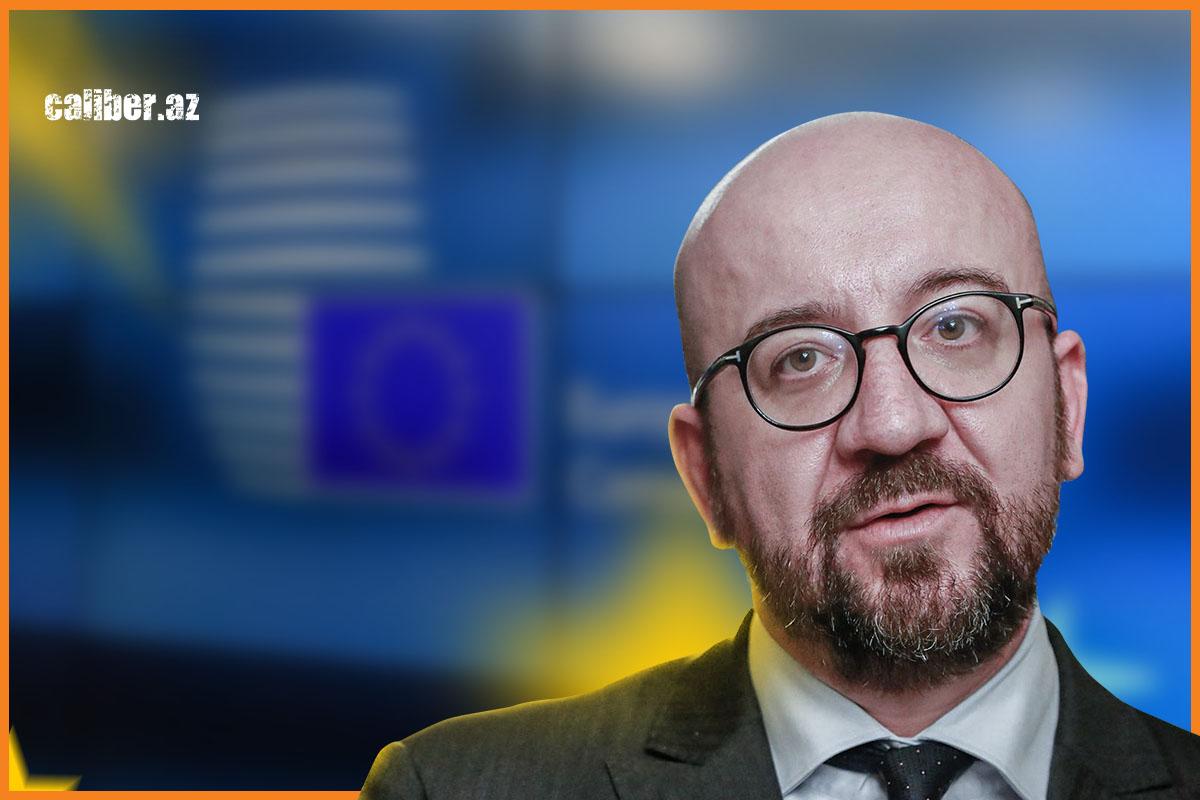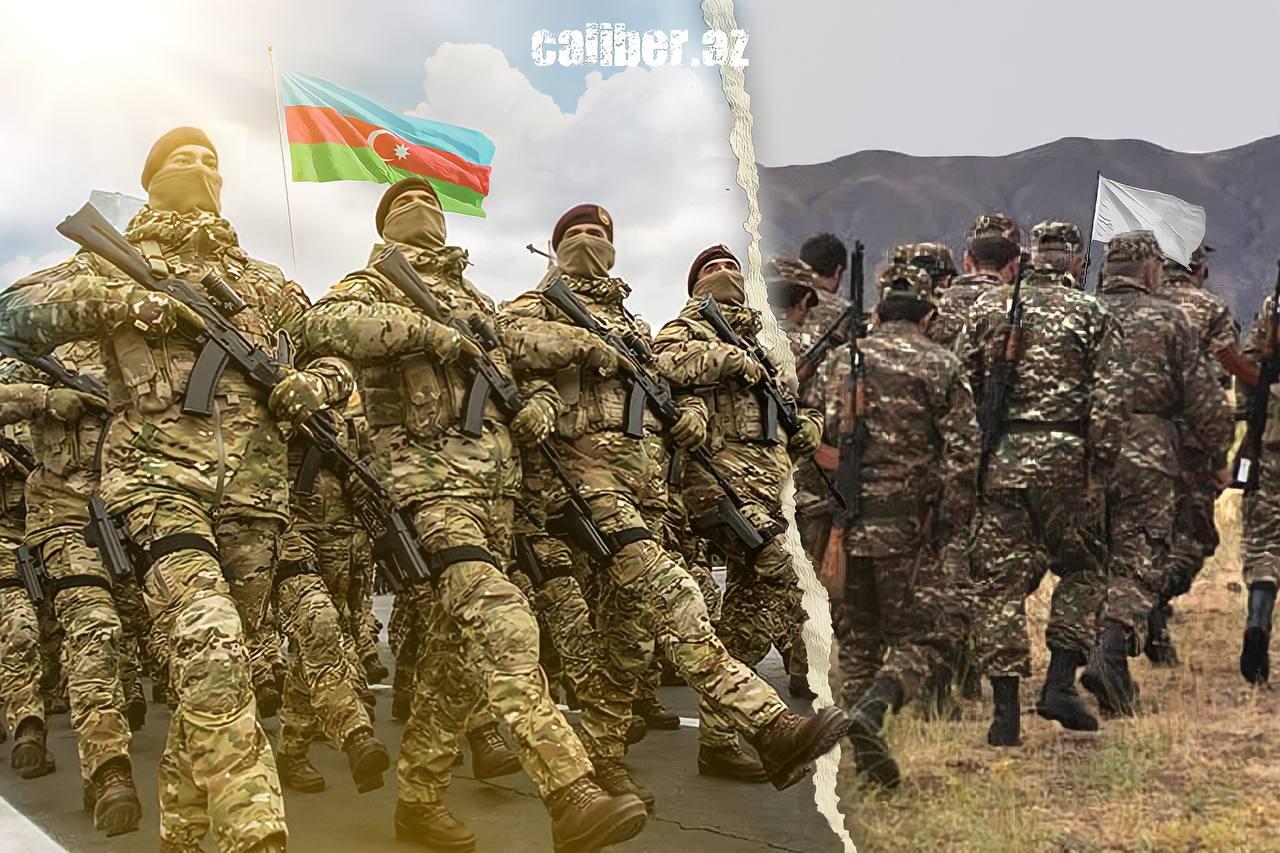EU’s peace efforts between Armenia, Azerbaijan fall short Futile diplomacy
European Council President Charles Michel is renewing efforts to establish a lasting peace between Armenia and Azerbaijan.
According to two senior EU diplomats, bilateral meetings with the leaders of Armenia and Azerbaijan were held earlier this month on the sidelines of the European Political Community summit in the UK. Michel has also sent letters to both sides urging them to return to the negotiating table and "complete a peace agreement," making progress on such issues as border delimitation, according to Politico.
The intentions are indeed noble. As the Scriptures say, "Blessed are the peacemakers," but there are some concerns as well. What is the EU actually trying to achieve? I quote a senior diplomat, rather than Charles Michel himself. “The meetings in the UK occurred only nine months after Azerbaijan launched a military offensive to reclaim Karabakh. This happened after months of negotiations led by Michel and despite Western warnings that only a diplomatic solution could bring peace to the region.”

The fact is that peace in the region was not achieved through diplomatic negotiations. The Azerbaijani Armed Forces brought peace by permanently closing a neutral zone between the two sides and eliminating the separatists. International law did not prevail at the negotiation table. The military force drove the enemy from the Azerbaijani lands. The EU's interest lies in controlling the transit corridors, rather than in establishing a lasting and durable peace between Armenia and Azerbaijan.
The EU is interested in controlling the Zangezur transit corridor. We should not allow this because the EU is an external power. Moreover, it’s important to remember that the EU or US mediation in negotiations between Azerbaijan and Armenia does not represent neutrality for the sake of justice, humanitarianism, and the triumph of international law. Armenia will be supported. The actions will be made against Azerbaijan. The EU's desire to "participate" in the negotiations is clear. The EU will participate to get some benefits, showcasing its commitment to "universal human values" by pursuing its own interests.
Moreover, the sincerity of the EU's calls for peace is tarnished because on July 22, the European Council decided to allocate, for the first time ever, 10 million euros to support the Armenian Armed Forces. The unequivocal full support of Armenia by France is also noteworthy. I’m not even mentioning the recent incident at the Olympic Games Paris 2024. The matter does not rest in bearded women and other vulgarities. The commentator declared that Armenia is a country historically close to the hearts of the French people and then voiced anti-Azerbaijani slogans related to the Karabakh conflict. The commentator claimed that the Armenians suffered from the Azerbaijani army and lost Karabakh. Indeed, the Armenians lost it. They were severely punished for separatism and decided to leave Azerbaijan. Honestly, we don’t miss them at all.

French ambassador to Armenia, Olivier Decottignies, has recently written on social media that the Armenians of Karabakh have rights recognized by the International Court, primarily the right to return. Perhaps we will consider the issue of Armenians returning to Azerbaijan only after Azerbaijani citizens are allowed to return to Armenia. In any case, we will think about it later, not now.
The purpose of negotiations is not just to reach an agreement but also to make it clear to the adversary that unacceptable behavior will be punishable. The enemy should anticipate the worst possible outcome. Diplomacy without military power is like music without musical instruments. Peace is ensured by the strength of armed forces, as peace is fundamentally based on power, despite all European and universal values. To be honest, power is the most fundamental European and human value.
Therefore, there will be no peace treaty until changes are made to the Constitution of Armenia. We are doing well without a treaty. Armenia is in a logistical and infrastructural dead end and should at least look at the world map. Having looked at it carefully, Armenia should realize that two out of four sections of its state border are blocked.








